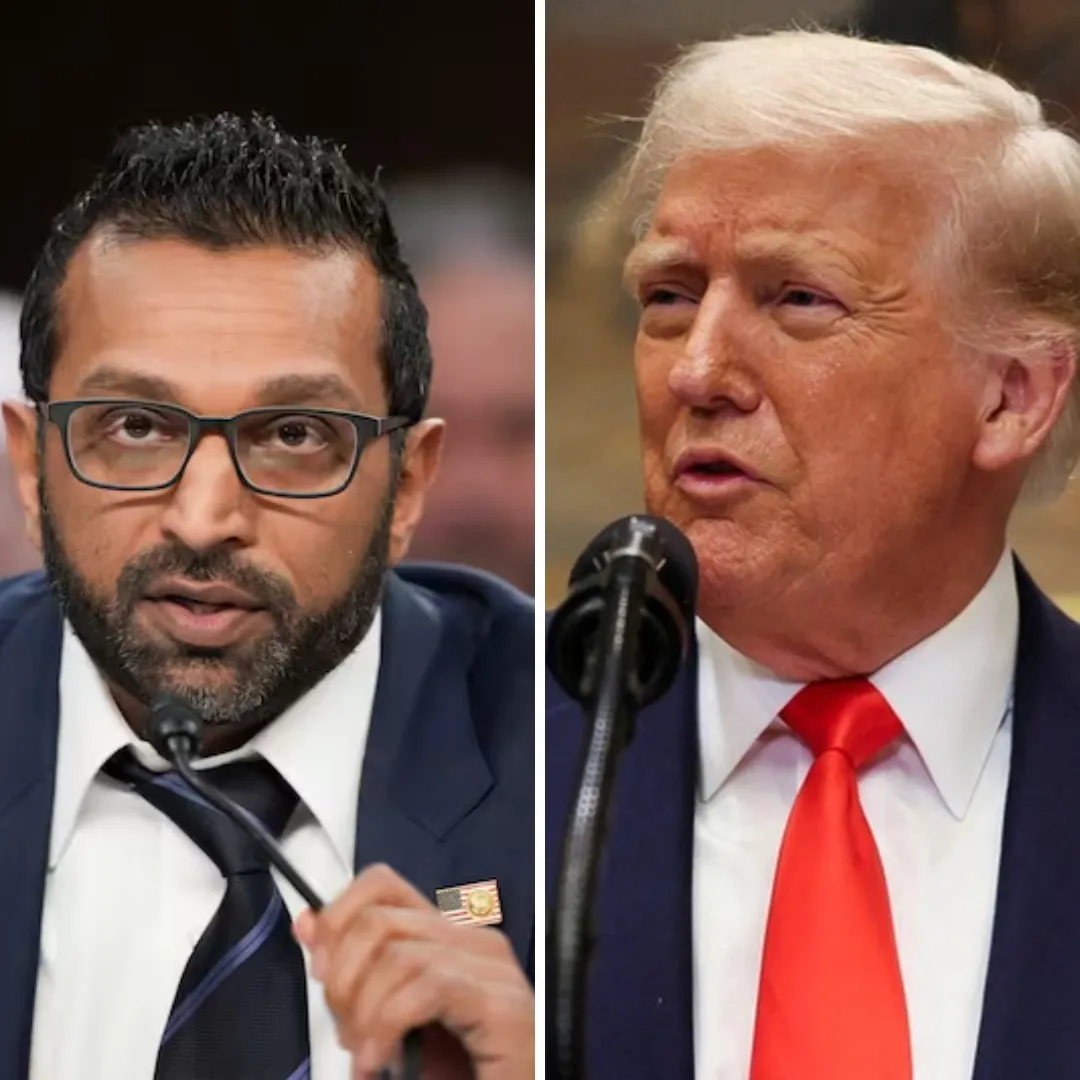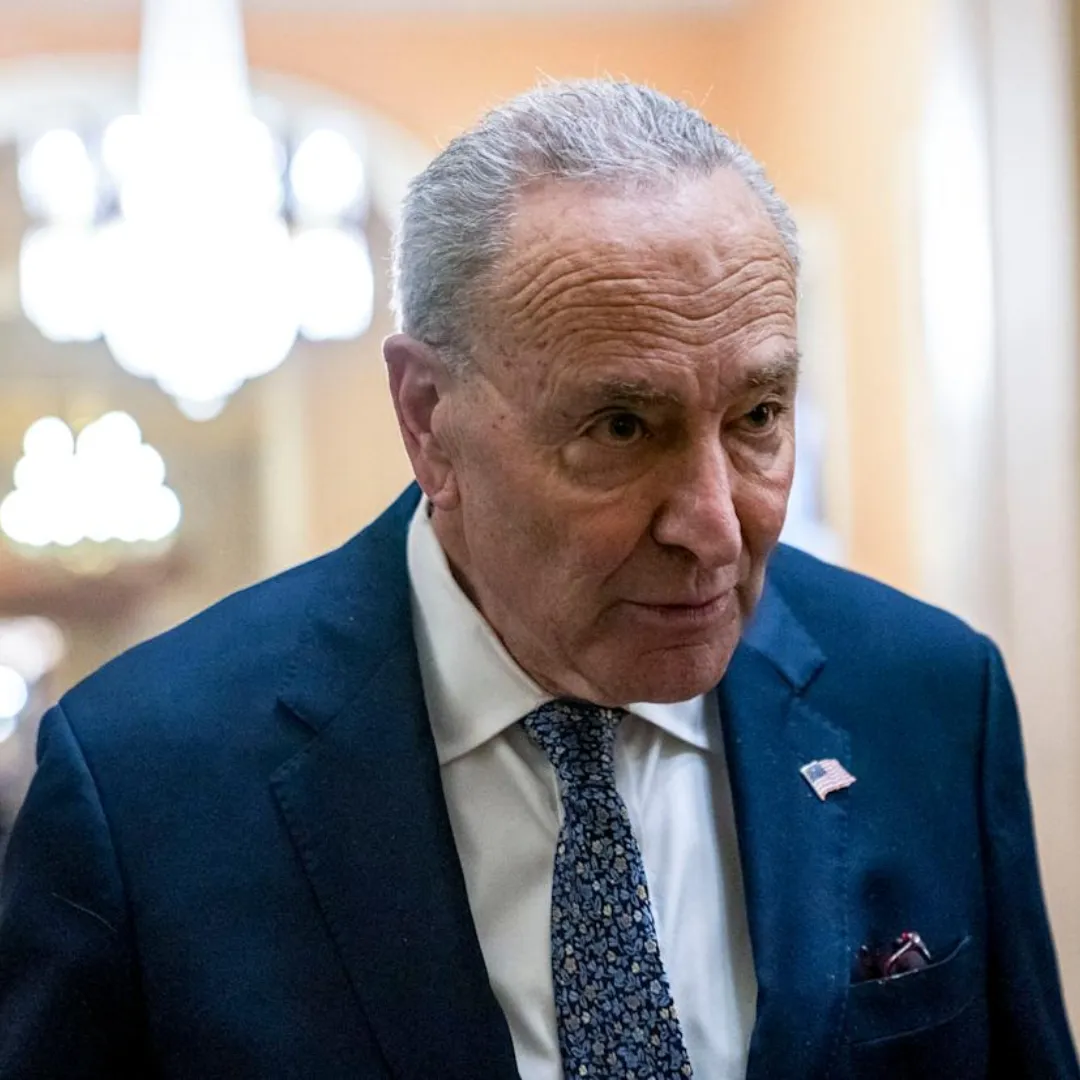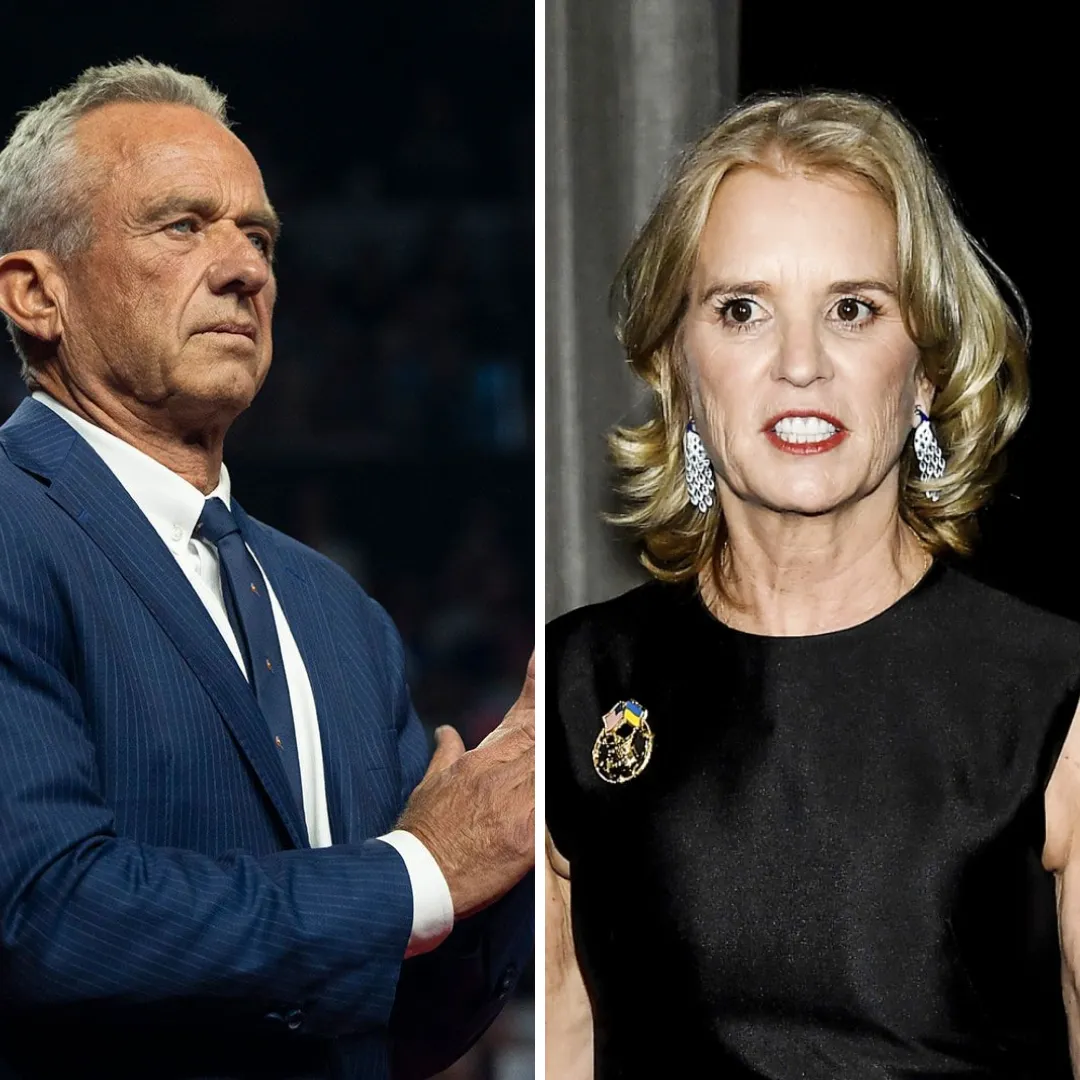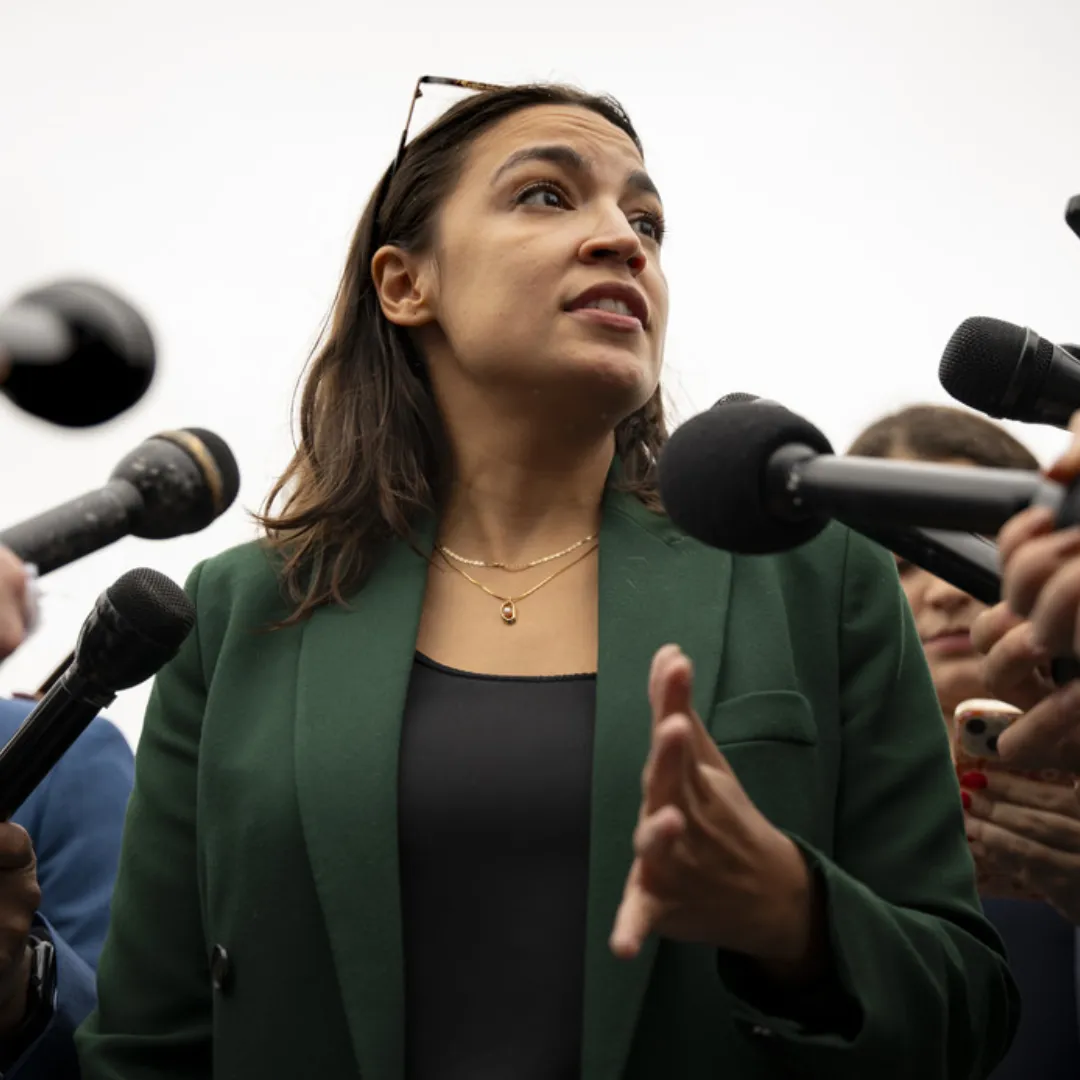
President Donald Trump’s efforts to reshape the U.S. government through sweeping executive actions and policy changes threaten to undo agencies and infrastructure that have been built over centuries.
His agenda, which moves quickly and boldly, seeks to dismantle or privatize parts of the federal government that have been in place for decades or longer.
From agencies that date back to the founding of the United States to those created in the 20th century, Trump’s proposals are pushing to unravel systems that have shaped the government and the lives of Americans for generations.
US Postal Service
The United States Postal Service (USPS), which has its roots going back before the Declaration of Independence, is one of the earliest examples of government infrastructure that Trump has targeted.
Founded by Benjamin Franklin, the USPS has long been a critical part of America’s infrastructure, with the ability to communicate crucial information a cornerstone of American democracy.
For over two centuries, the USPS has provided affordable mail services, becoming an independent agency in 1970, operated by a bipartisan board of governors.
While the USPS has faced financial difficulties in recent years, including a reported loss of $9.5 billion in the most recent fiscal year, its critical role as an affordable method of shipping has supported millions of businesses and citizens.
In a dramatic shift, Trump has proposed placing the USPS under the Department of Commerce to increase government control and privatization efforts, even suggesting potential privatization of the service altogether.
The resignation of the postmaster general in March highlighted the growing tensions between Trump’s administration and the future of the USPS, signaling a potential for significant changes to the agency that has been serving Americans for over 240 years.
Internal Revenue Service (IRS)
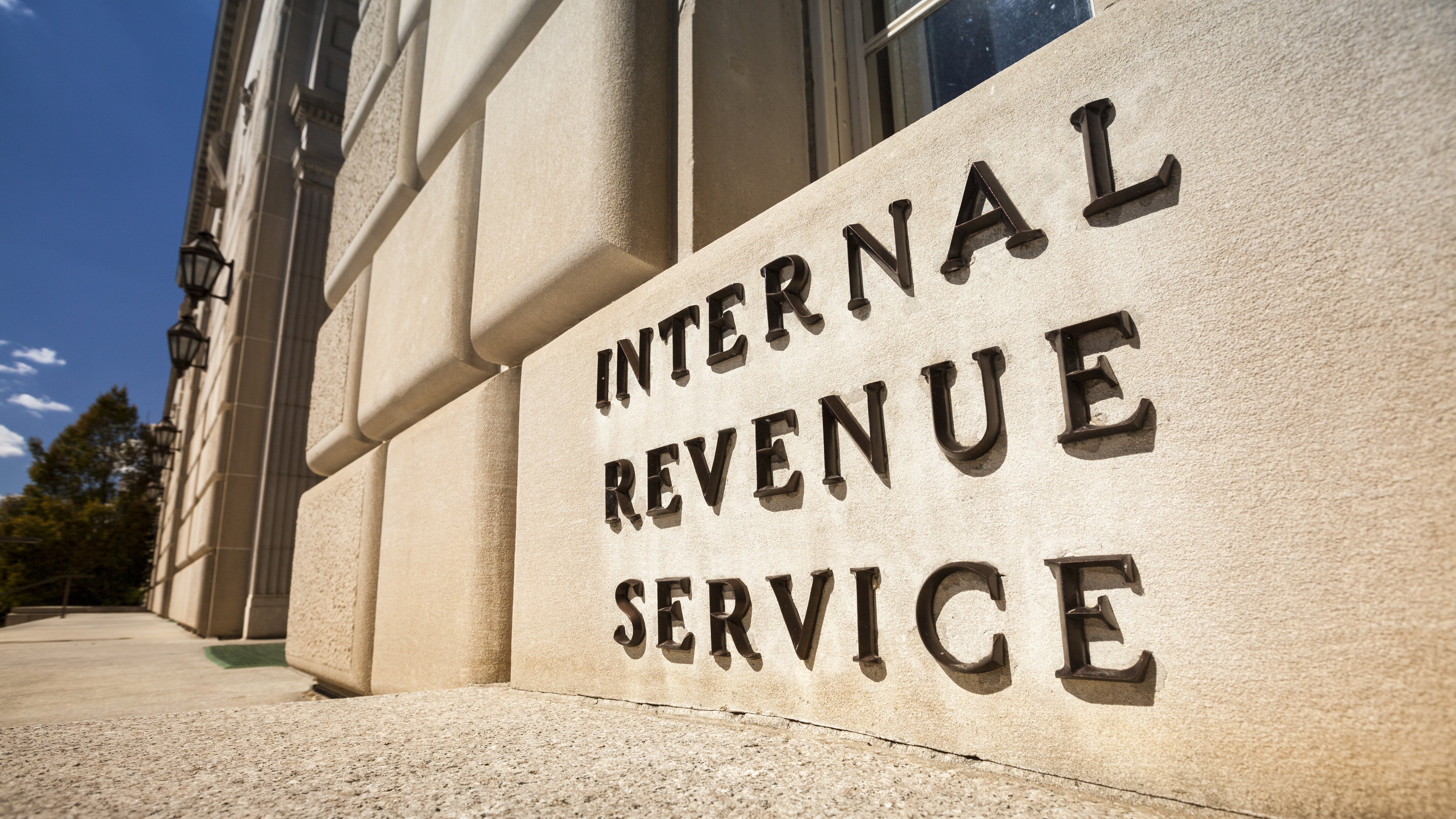
The IRS, which was established during the Civil War, represents another example of government infrastructure Trump has sought to reform. The permanent federal income tax system was established in 1913, and the IRS has been at the heart of federal tax collection since its creation.
Trump’s proposal to pivot away from income taxes in favor of import tariffs represents a dramatic departure from the tax structure that has been in place for over a century.
His suggestion to replace the IRS with an “External Revenue Service,” collecting taxes on imports instead of income, introduces new questions about the future of tax policy in the U.S.
While the IRS continues to be a central agency in tax collection and enforcement, Trump’s vision for it undermines decades of tax law history. The pivot toward tariffs raises concerns about the sustainability of funding for critical programs such as Social Security and Medicare, which depend heavily on income tax revenue.
Trump’s plan to shift tax responsibilities will face significant challenges in terms of implementation, and many are questioning whether it is feasible to replace a century-old institution with something entirely new.
14th Amendment
One of the most controversial areas of Trump’s agenda concerns the 14th Amendment, which was ratified in 1868 to grant citizenship to anyone born in the U.S.
Following the U.S. Supreme Court's 1857 Dred Scott decision, which ruled that descendants of enslaved individuals could not be U.S. citizens, the 14th Amendment corrected that injustice by declaring anyone born on U.S. soil a citizen.
Now, Trump wants to repeal the birthright citizenship guarantee, particularly as it relates to children born in the U.S. to undocumented immigrants. Trump argues that the guarantee serves as a magnet for illegal immigration, and he has pushed for an executive order to end the practice.
The U.S. Supreme Court will ultimately decide on the legality of such an executive move.
National Institutes of Health (NIH)

The NIH, which was formally established in 1930, is a cornerstone of scientific research and health funding in the U.S. The Trump administration has launched efforts to cut or pause hundreds of NIH grants, with a focus on reducing funding for research projects related to marginalized groups.
In the most recent budget proposal for 2026, the Trump administration suggested slashing NIH funding by nearly $18 billion and consolidating its 27 research institutes into just eight.
These cuts threaten vital research on health disparities, disease prevention, and health technology development, potentially stalling crucial advancements in medical science.
Voice of America (VOA)
The VOA, founded during World War II to combat Nazi propaganda and later revitalized during the Cold War, is another target of Trump’s efforts to alter American institutions.
Although the agency was formalized by law in 1976, VOA has provided American-style journalism and free speech to the world. Under Trump’s administration, VOA has faced increased scrutiny and efforts to dismantle or defund the agency, which Trump has labeled as “frivolous expenditures.”
In May, Kari Lake, Trump’s senior presidential adviser, announced a partnership with the far-right One America News Network to provide newsfeed services for VOA, signaling a shift in its editorial mission and aligning it more closely with conservative outlets.
NATO
Trump’s relationship with NATO has been one of the most unpredictable aspects of his foreign policy. While he has occasionally expressed support for the alliance, which was established in 1949 to counter Soviet influence during the Cold War, he has also been critical of other NATO members for not spending enough on defense.
Trump has often praised Russian President Vladimir Putin and suggested that Putin’s invasion of Ukraine was motivated in part by concerns over Ukraine’s potential NATO membership.
This stance has led to significant tension within the alliance, with many NATO members uncertain about the U.S. role in the organization under Trump’s leadership.
Department of Health and Human Services (HHS)

HHS, created in 1953 as the Department of Health, Education, and Welfare, is another agency under review for major restructuring. Trump’s proposed changes would consolidate HHS’s 28 divisions into just 15, with the goal of reducing bureaucracy.
The proposal is controversial, and several states have filed lawsuits, arguing that the changes could endanger public health by limiting access to essential services.
Trump’s administration has also proposed cuts to programs like the Low-Income Home Energy Assistance Program (LIHEAP), which helps millions of low-income households with utility bills. These cuts threaten the very safety nets that the U.S. has relied on for decades.
Department of Justice Civil Rights Division
The Civil Rights Division of the Department of Justice was established after the 1957 Civil Rights Act to enforce laws prohibiting discrimination. Under Trump’s leadership, the division has shifted its focus away from protecting minority groups and toward investigating alleged discrimination against Christians, Jews, and other religious groups.
This change has already led to the departure of numerous career lawyers from the division and has prompted questions about whether the Civil Rights Division can continue to fulfill its mission of protecting marginalized communities.
US Agency for International Development (USAID)
Created in 1961 under President John F. Kennedy, USAID has been a critical agency for U.S. soft power, focusing on humanitarian aid and promoting American values around the world.
Trump and his administration have consistently criticized USAID’s spending, calling it wasteful and fraudulent, particularly for projects focused on gender issues.
Trump’s proposed cuts to USAID funding would significantly reduce the U.S.'s ability to provide aid to countries in need, particularly in the areas of health and disaster relief.
Equal Employment Opportunity (EEO) Hiring

Trump’s push to eliminate diversity, equity, and inclusion (DEI) programs extends to federal hiring practices. In his first day in office, he rescinded an executive order from 1965 that promoted equal opportunity in federal employment.
Trump argued that the DEI initiatives were hindering merit-based hiring and that individuals should be hired based solely on qualifications rather than diversity considerations.
His actions have been heavily criticized by those who argue that diversity in the workforce is essential for creating equitable opportunities for all Americans.
National Endowment for the Arts (NEA) and National Endowment for the Humanities (NEH)
Established under President Lyndon B. Johnson’s Great Society agenda, the NEA and NEH provide vital funding for the arts and humanities in the U.S. Trump’s budget proposals have consistently sought to eliminate or drastically reduce funding for both agencies.
His administration’s focus on cutting cultural and educational funding has raised concerns about the future of American arts and humanities programs.
National Public Radio (NPR) and Public Broadcasting Service (PBS)
Trump has directed the Corporation for Public Broadcasting to cease federal funding for NPR and PBS, both of which were established by the Public Broadcasting Act of 1967.
These organizations provide critical educational content and news programming to millions of Americans, especially in rural and underserved areas. Trump’s attempts to defund NPR and PBS have faced pushback in Congress, but the broader question remains whether these essential services will continue to receive federal support.
Environmental Protection Agency (EPA)
The EPA was created in 1970 under President Richard Nixon to protect the environment and regulate pollution. Under the Trump administration, the EPA has faced significant cuts and a shift in focus away from environmental protection toward deregulation, particularly regarding climate change.
Trump’s efforts to dismantle the EPA’s climate change programs have raised concerns about the future of environmental protection in the U.S., with critics warning that the country is heading in the wrong direction when it comes to addressing climate change.
Monetary System

Trump’s approach to the U.S. monetary system has raised questions about the future of the U.S. dollar as the world’s reserve currency. While Trump has touted tariffs as a tool for revitalizing American manufacturing, some of his economic advisors have suggested that devaluing the dollar could lead to a stronger U.S. economy.
However, such actions come with significant risks, potentially destabilizing the global economy and weakening the U.S. dollar’s position in international markets.
Impoundment Control Act
Trump’s desire to have more control over federal spending runs counter to the Impoundment Control Act of 1974, which was passed in response to President Nixon’s refusal to spend congressionally approved funds.
Trump has announced plans to challenge the law and assert more power over how taxpayer dollars are spent, setting up a potential showdown with Congress and the courts.
Department of Education
The Department of Education, created in 1979, has been the subject of debate among conservatives for years. Trump’s education secretary, Linda McMahon, has worked to scale back the department’s role, pushing for states to take control of their own education systems.
The proposed cuts to federal education programs raise concerns about the future of public education in the U.S. and the impact on low-income students who rely on federal funding for support.
Federal Emergency Management Agency (FEMA)
FEMA, established in 1979 to respond to disasters, has been targeted by Trump for significant cuts. The president has suggested that state governments should take more responsibility for disaster relief, questioning the need for a federal agency.
His administration has also denied disaster relief requests for certain states, further signaling a shift away from the federal government’s role in disaster response.
Consumer Financial Protection Bureau (CFPB)

The CFPB, created in the wake of the 2008 financial crisis, has been a target of Trump’s administration, which has sought to reduce its authority and funding.
Trump has argued that the CFPB is an overreach of government power and has made efforts to eliminate the agency. Despite these efforts, the CFPB continues to face legal challenges, and its future remains uncertain.
Affordable Care Act (ACA)
Although Trump has not succeeded in repealing the Affordable Care Act, his administration has taken steps to undermine it. From reducing funding for Medicaid to trying to limit access to health care for undocumented immigrants, Trump’s actions could severely weaken the law’s effectiveness.
